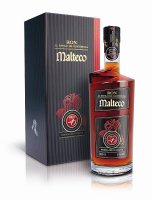Wines Sparkling wine and Champagne, brut nature (4)
Sorting
Filter
Sorting
Availability: Goods in stock
Filter
Availability: Goods in stock
Type
Color
Sugar content
Variety
Country
Brand
Price
More filters
France
Champagne white - brut nature - 0,75l
Champagne Ayala
Brut NatureChampagne white - brut nature - 0,75l
LIMITED
6195 € / pcs
In stock
France
Champagne white - brut nature - 0,75l
Champagne Palmer & Co.
La Réserve NatureChampagne white - brut nature - 0,75l
6995 € / pcs
In stock




 facebook
facebook
 Contact us
Contact us





